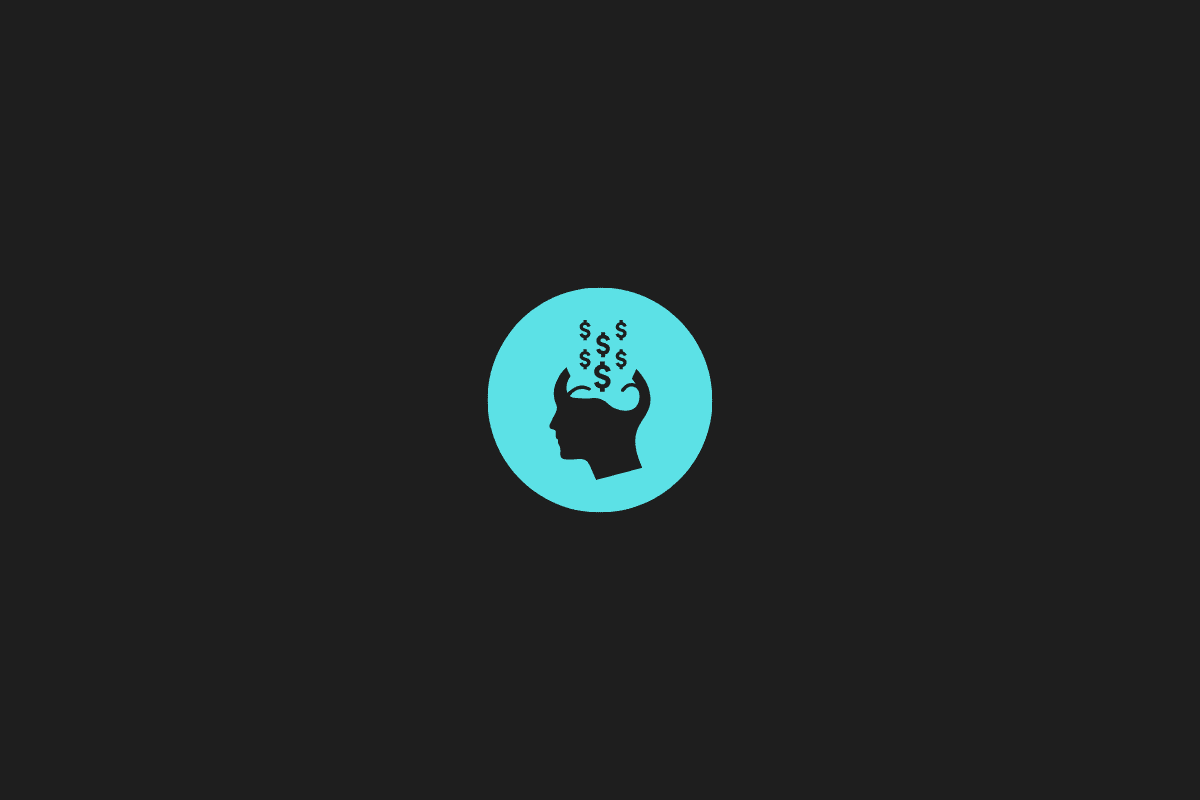At their inaugural developer conference, OpenAI’s CEO, Sam Altman, unveiled several forward-looking initiatives, particularly around ChatGPT, their flagship AI tool. Among the key revelations was the launch of a feature dubbed “GPTs,” designed to empower users to create their own GPT models. This innovation stands out as it enables users to craft custom chatbots without the need for deep coding expertise. Moreover, these chatbots extend beyond personal amusement.
A significant highlight of this announcement is the opportunity it presents for developers to monetize their custom GPT-based chatbots. This opens up novel paths for creativity and entrepreneurship within the AI realm, allowing enthusiasts and developers to not only invent but also derive financial gain from their AI creations.
OpenAI’s introduction of this feature could catalyze a wave of personalized and varied AI applications, broadening participation in AI development. The potential impact on AI advancement and the wider technology sector is profound, heralding a new phase of personalized AI tools and reshaping our engagement with artificial intelligence.
During the “DevDay” event, OpenAI announced an exciting development for ChatGPT: the launch of a dedicated store that will host a variety of customized bots, offering users a more personalized experience. This initiative opens up avenues for developers to monetize their creations with OpenAI.
Sam Altman detailed how developers could choose to publish their customized bots for free or set a price, thereby democratizing access to these bots while also providing a potential revenue stream for creators. OpenAI aims to recognize and financially reward the creators of the most useful and popular bots on its platform.
The specifics of the payment model for developers are still being fine-tuned. Initially, it appears that revenue from paid subscriptions may be shared with developers, with plans to introduce a tiered system indicating different levels of earnings. This structured approach aims to offer clarity to developers on their potential income, encouraging a wider range of innovative contributions to the AI community.
The significance of this model is profound. It encourages wider participation from developers and promotes competition based on the quality and utility of bots. This could significantly accelerate the evolution of AI chatbots’ capabilities and diversity, ushering in an exciting new era in artificial intelligence.
